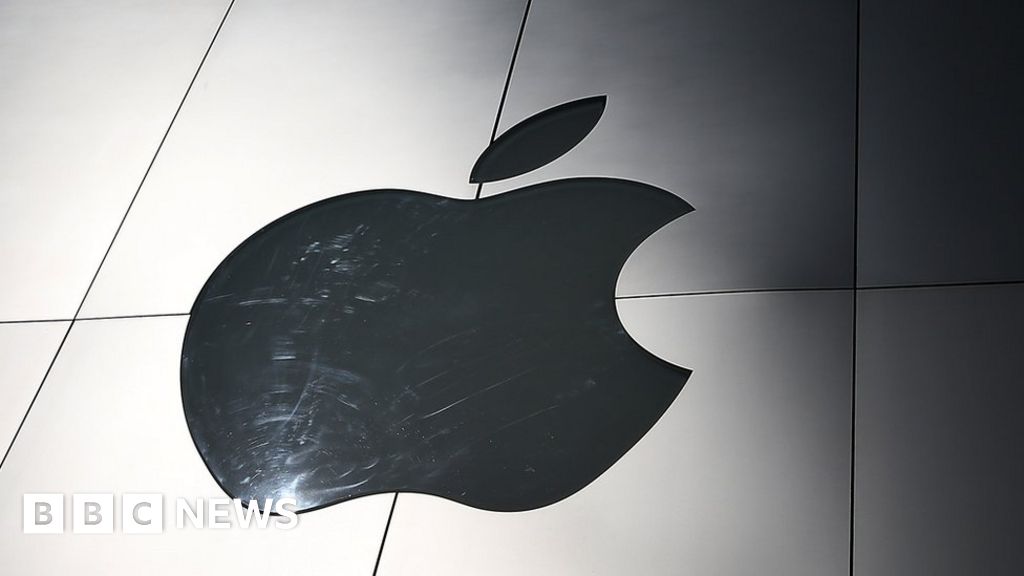Apple Awarded $539m In US Patent Case Against Samsung

 Image copyright
Getty Images
Image copyright
Getty Images
A US court has ordered South Korea's Samsung Electronics pay $539m (£403m) in damages for copying features of Apple's original iPhone.
The jury's decision is the latest step in a long-running legal battle between the world's top smartphone makers.
It began in 2011 when Apple argued Samsung had infringed on some patents.
Apple was awarded $1.05bn in damages a year later but the rivals have fought over the final amount ever since.
In the latest court ruling, most of the damages payment - $533.3m - was awarded for infringing three Apple design patents. The remainder was for violating two patented functions.
In a statement, Apple said it was pleased that the members of the jury "agree that Samsung should pay for copying our products."
"This case has always been about more than money," the tech giant said, adding that it was important that it continued to protect the "hard work and innovation of so many people at Apple".
But Samsung said the decision "flies in the face" of the unanimous Supreme Court ruling in its favour on the way the design patent damages are calculated.
Samsung had argued that it should only have to pay $28m in damages - limiting the sum to profits directly related to the components or features covered by the patents.
Apple argued for a much bigger figure, calculated on the profits made from an entire iPhone.
"It is not a clear win for either firm because Apple had asked for $2.5bn in damages in its original claim", according to Kiranjeet Kaur, tech analyst at research firm IDC in Singapore.
And Ms Kaur added that the possibility of another appeal by Samsung "cannot be eliminated".
"It is clearly not the verdict Samsung wanted or expected, and apart from the damages it has to pay, it points out that indeed designs were copied," she said.
She added the ruling should serve as a warning to smaller players to be "more wary of overstepping [patents], especially in markets like the US".
From Chip War To Cloud War: The Next Frontier In Global Tech Competition
The global chip war, characterized by intense competition among nations and corporations for supremacy in semiconductor ... Read more
The High Stakes Of Tech Regulation: Security Risks And Market Dynamics
The influence of tech giants in the global economy continues to grow, raising crucial questions about how to balance sec... Read more
The Tyranny Of Instagram Interiors: Why It's Time To Break Free From Algorithm-Driven Aesthetics
Instagram has become a dominant force in shaping interior design trends, offering a seemingly endless stream of inspirat... Read more
The Data Crunch In AI: Strategies For Sustainability
Exploring solutions to the imminent exhaustion of internet data for AI training.As the artificial intelligence (AI) indu... Read more
Google Abandons Four-Year Effort To Remove Cookies From Chrome Browser
After four years of dedicated effort, Google has decided to abandon its plan to remove third-party cookies from its Chro... Read more
LinkedIn Embraces AI And Gamification To Drive User Engagement And Revenue
In an effort to tackle slowing revenue growth and enhance user engagement, LinkedIn is turning to artificial intelligenc... Read more

